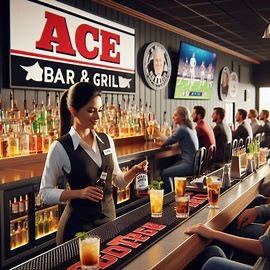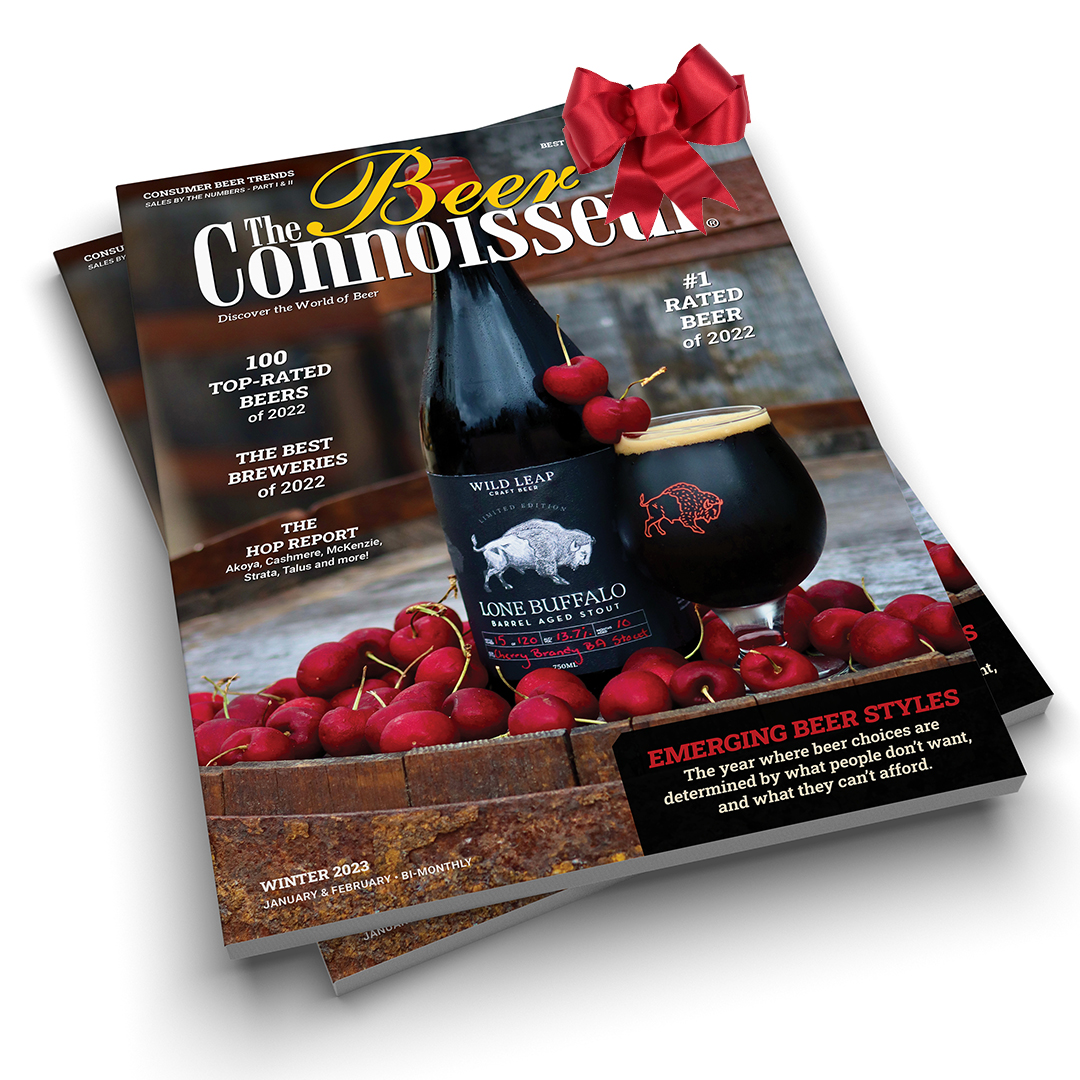Recognizing Intoxication: A Bartender’s Guide to Responsible Service
As a bartender, it’s not only a legal obligation but also a moral duty to recognize the signs of intoxication in patrons. Whether mandated by law or guided by conscience, understanding when someone has had too much to drink is crucial for their safety and the well-being of others.
Essential Indicators of Intoxication:
- Impaired Speech: Difficulty articulating words clearly.
- Unsteady Movements: Struggling to walk straight without swaying or falling.
- Rapid Consumption: Drinking beverages at an unusually fast pace.
- Excessive Generosity: Uncharacteristically large tips or rounds of drinks.
- Inappropriate Conduct: Offensive or unacceptable behavior towards others.
- Behavioral Shifts: Noticeable and abrupt changes in demeanor.
- Loud and Boisterous: Excessive noise, laughter, or gaiety.
- Falling Asleep: Dozing off in public areas of the establishment.
- Incoherent Thoughts: Disjointed or illogical conversation.
- Delayed Reactions: Sluggishness in answering questions or responding to stimuli.
- Messy Drinking: Frequent spills or missing the mouth while attempting to drink.
- Braggadocio: Exaggerated self-confidence or storytelling.
- Over-Familiarity: Unusual friendliness towards staff or other patrons.
- Disordered Appearance: Untidy hair or clothes.
- Emotional Extremes: Unpredictable mood swings or emotional outbursts.
As a professional, you’re expected to monitor alcohol consumption, even if the patron arrived already under the influence. While direct questioning may not yield truthful answers, these signs will help you gauge their sobriety.
 If you’re uncertain about any of these indicators, it’s a sign that further training is needed. This is where ACE Food Handler excels, offering comprehensive alcohol seller/server training tailored to various state requirements, including Texas TABC, California RBS, Illinois BASSET, Louisiana RV, and Pennsylvania RAMP. Their programs are designed to equip you with the knowledge and skills to serve responsibly and ensure a safe environment for all.
If you’re uncertain about any of these indicators, it’s a sign that further training is needed. This is where ACE Food Handler excels, offering comprehensive alcohol seller/server training tailored to various state requirements, including Texas TABC, California RBS, Illinois BASSET, Louisiana RV, and Pennsylvania RAMP. Their programs are designed to equip you with the knowledge and skills to serve responsibly and ensure a safe environment for all.
For more information on TABC training, visit ACE Food Handler, ACE Training Platforms, and ACE Continuing Education Credits.
Recognizing Intoxication: A Bartender’s Guide to Responsible Service
As a bartender, it’s not only a legal obligation but also a moral duty to recognize the signs of intoxication in patrons. Whether mandated by law or guided by conscience, understanding when someone has had too much to drink is crucial for their safety and the well-being of others.
Essential Indicators of Intoxication:
- Impaired Speech: Difficulty articulating words clearly.
- Unsteady Movements: Struggling to walk straight without swaying or falling.
- Rapid Consumption: Drinking beverages at an unusually fast pace.
- Excessive Generosity: Uncharacteristically large tips or rounds of drinks.
- Inappropriate Conduct: Offensive or unacceptable behavior towards others.
- Behavioral Shifts: Noticeable and abrupt changes in demeanor.
- Loud and Boisterous: Excessive noise, laughter, or gaiety.
- Falling Asleep: Dozing off in public areas of the establishment.
- Incoherent Thoughts: Disjointed or illogical conversation.
- Delayed Reactions: Sluggishness in answering questions or responding to stimuli.
- Messy Drinking: Frequent spills or missing the mouth while attempting to drink.
- Braggadocio: Exaggerated self-confidence or storytelling.
- Over-Familiarity: Unusual friendliness towards staff or other patrons.
- Disordered Appearance: Untidy hair or clothes.
- Emotional Extremes: Unpredictable mood swings or emotional outbursts.
As a professional, you’re expected to monitor alcohol consumption, even if the patron arrived already under the influence. While direct questioning may not yield truthful answers, these signs will help you gauge their sobriety.
If you’re uncertain about any of these indicators, it’s a sign that further training is needed. This is where ACE Food Handler excels, offering comprehensive alcohol seller/server training tailored to various state requirements, including Texas TABC, California RBS, Illinois BASSET, Louisiana RV, and Pennsylvania RAMP. Their programs are designed to equip you with the knowledge and skills to serve responsibly and ensure a safe environment for all.





